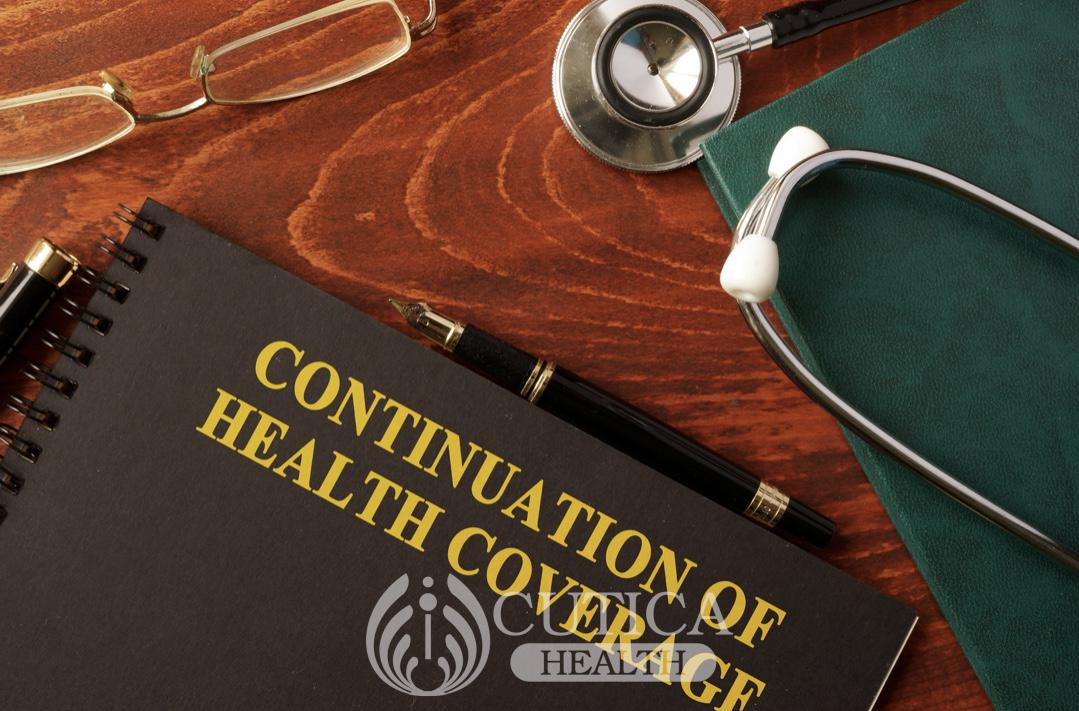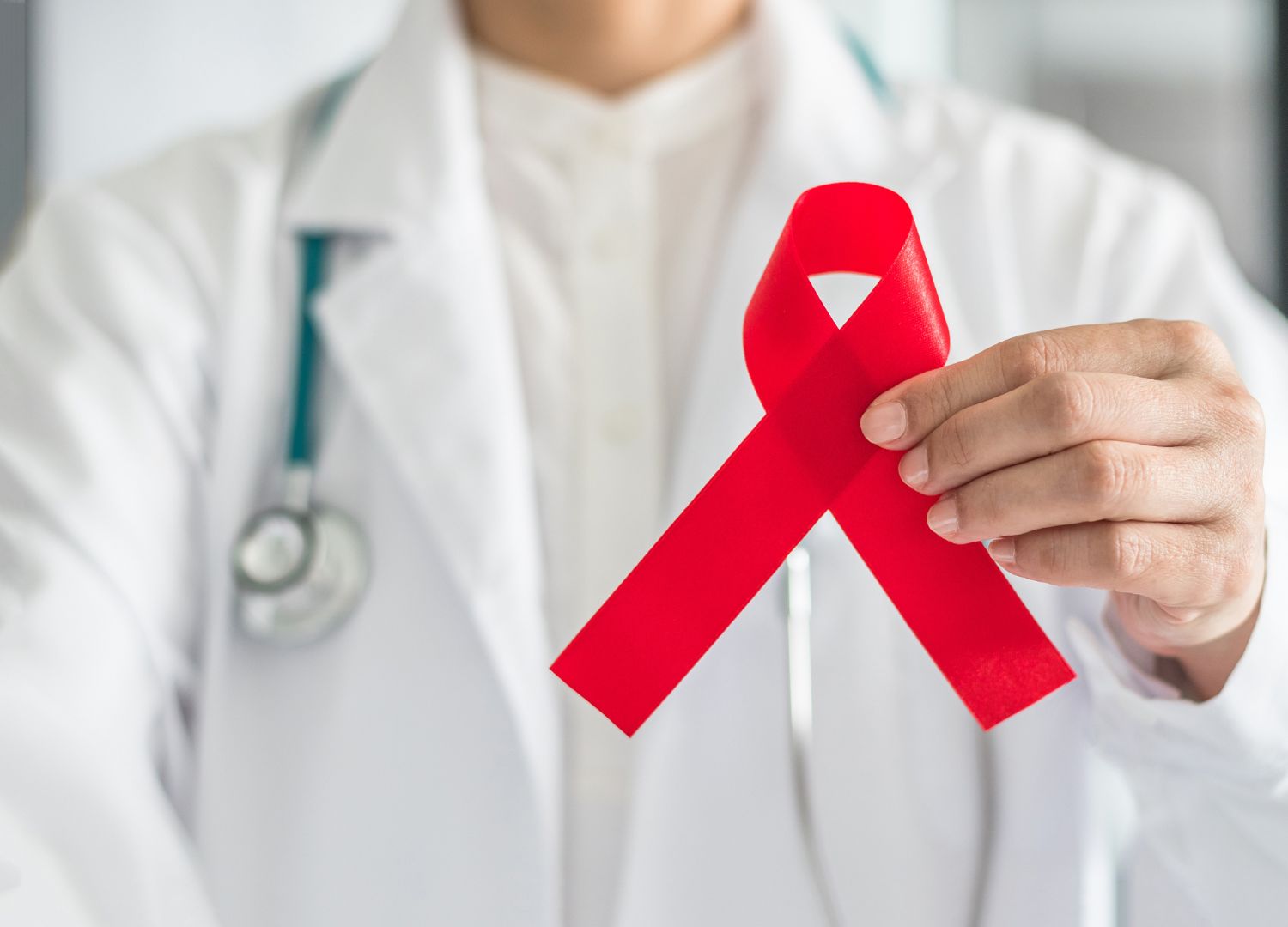
Local herbs are a common sight varying from potent medicines to aphrodisiacs to diarrhoea-producing mixtures. They are made from plants and their extracts are touted as potent in treating several diseases, including cancer. Now the controversy about these herbs and their uses have been a bone of contention for centuries and advances in modern medicine have raised a lot of questions about herbs and their safety.

A lot of modern medications are developed following study, extraction and purification of plants. This makes many believe that herbs are indeed essential to health. To add, herbs have been used since the inception of man and it had been the backbone of health and treatment of diseases. This makes it a more acceptable means of health care than orthodox medicine to a huge percentage of the population. But orthodox medicine is not just herbs in an advanced form. However, there are a lot of subtle but important differences between them.
Herbs are easily accessible for the most part. They can be found in nature and do not need special processes to manufacture. Boiling is a common means of extracting medicinal plants thus making it quite easy to access. Another advantage of herbs is the fact that natural medicine has been proven to be more acceptable than “artificial medicine”. The limitations of orthodox medicine make it even more appealing as herbs create a false sense of “no limitations”.

The safety of herbs has been a topic of discussion and the main point against its use for health.
- Dosages: The use of herbs do not have standard dosage regimen. This makes it more likely to become toxic as herbs are toxic substances when used without the right dosage. Unlike conventional medicines that go through clinical trials to determine the right dose based on age or weight, herbs do not pass through such trials, and so are used indiscriminately, increasing the user’s risks of toxic effects.
- Preparations: Medicinal extracts from herbs are prepared via so many unsafe processes. For example, some people use alcohols and other harsh chemicals in preparing their herbal extracts, and these processes have been known to make herbs more dangerous to health, with complications such as kidney and liver damage.
- Unexplained methods of action: A lot of herbs claim to cure all illnesses, including diseases that are still incurable with conventional medicines. The problem with this claim is that all diseases have different patterns, and it takes specific drugs to effect a cure.

For instance, Paracetamol works by reducing the amounts of chemicals that cause pain; so it functions as a painkiller. In that sense, it would be ridiculous to say paracetamol can cure infertility, which has a different pattern and origin altogether. Herbs claim to treat a wide range of illnesses, from infertility to brain disease, and it is scientifically unreasonable for one medicinal product to treat a wide range of unrelated diseases.
Secrecy: The processes used in the making of herbs for medicinal uses have been shrouded in secrecy for years. Unlike conventional medicines that come with leaflets detailing the constituents of a drug, its potential complications, side effects, drug interactions, risks of allergies, etc, herbal products do not highlight any of these, increasing the chances of the user harming their health.

In sum, it is difficult to say that herbal medicines are safe for use. While many plants are indeed medicinal and a raw materials for a lot of orthodox medicines, their modes of preparations and lack of proper regulation in their production make them unsafe for use. It is best to speak with your doctor if you have any symptoms or if you intend to use any herbal product on the market.












